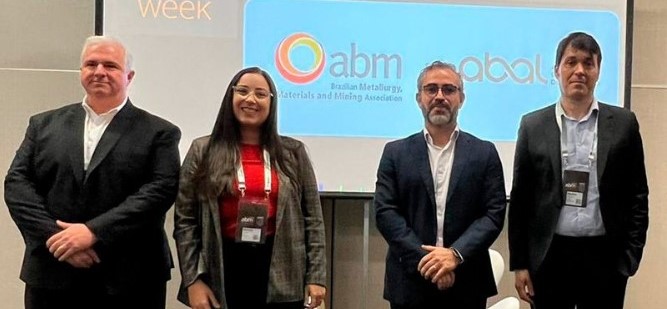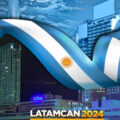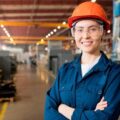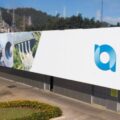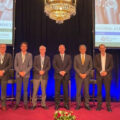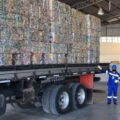ABAL highlights the essential role of aluminum as a promoter of decarbonization at the 7th ABM Week
The Brazilian Aluminum Association (ABAL) recently participated in the 7th edition of the ABM Week, one of the largest technical-scientific events in Latin America in the areas of metallurgy, materials and mining, promoted by the Brazilian Association of Metallurgy, Materials and Mining (ABM). A panel presented by the entity highlighted the essential role of aluminum in promoting decarbonization and the circular economy in some industry sectors.
Last August, renowned authorities from the sector met at the Pro Magno Event Center, located in São Paulo, to delve into different views and bring unprecedented solutions to the country in order to continuously improve the areas related to metallurgy, materials and mining.
During the second day of the meeting, ABAL presented a debate on decarbonization and the aluminum industry: Brazil’s Positioning and Best Practices, led by Heber Pires Otomar as head of the Technology and Innovation Committee. Leandro Faria, general manager of Sustainability of CBA (Companhia Brasileira de Alumínio), as well as Paulo André Pionti, commercial manager of Norsk Hydro, were present.
During the event, speakers explained how decarbonization and energy transition are present throughout the world, including Brazil. They also clarified that, in the national context, these discussions involve society, academia, industry and government in the search for better alternatives and solutions to minimize and, when possible, extinguish routines with harmful impacts on the environment.
This metals industry is dedicated to taking action to promote sustainability and decarbonization, even outside the same economic sector. These measures include the use of materials and a more efficient use of resources with the intention of lowering emissions. Thus, in addition to the field itself, aluminum would also be an important part of the decrease in gases emitted by commercial segments related to its main consumers, which include construction, packaging, travel and everyday goods.
Thus, the panel presented the position of the Brazilian aluminum industry in the global scenario of decarbonization and discussed the opportunities for its evolution. During the meeting, the ABAL Aluminum in Schools Project was presented, a program developed with the collaboration of Professor Carlos Triveno Rios from the Federal University of ABC and the engineering students of the school. The objective is to promote the teaching, research and technological development of aluminum within the academic environment.

